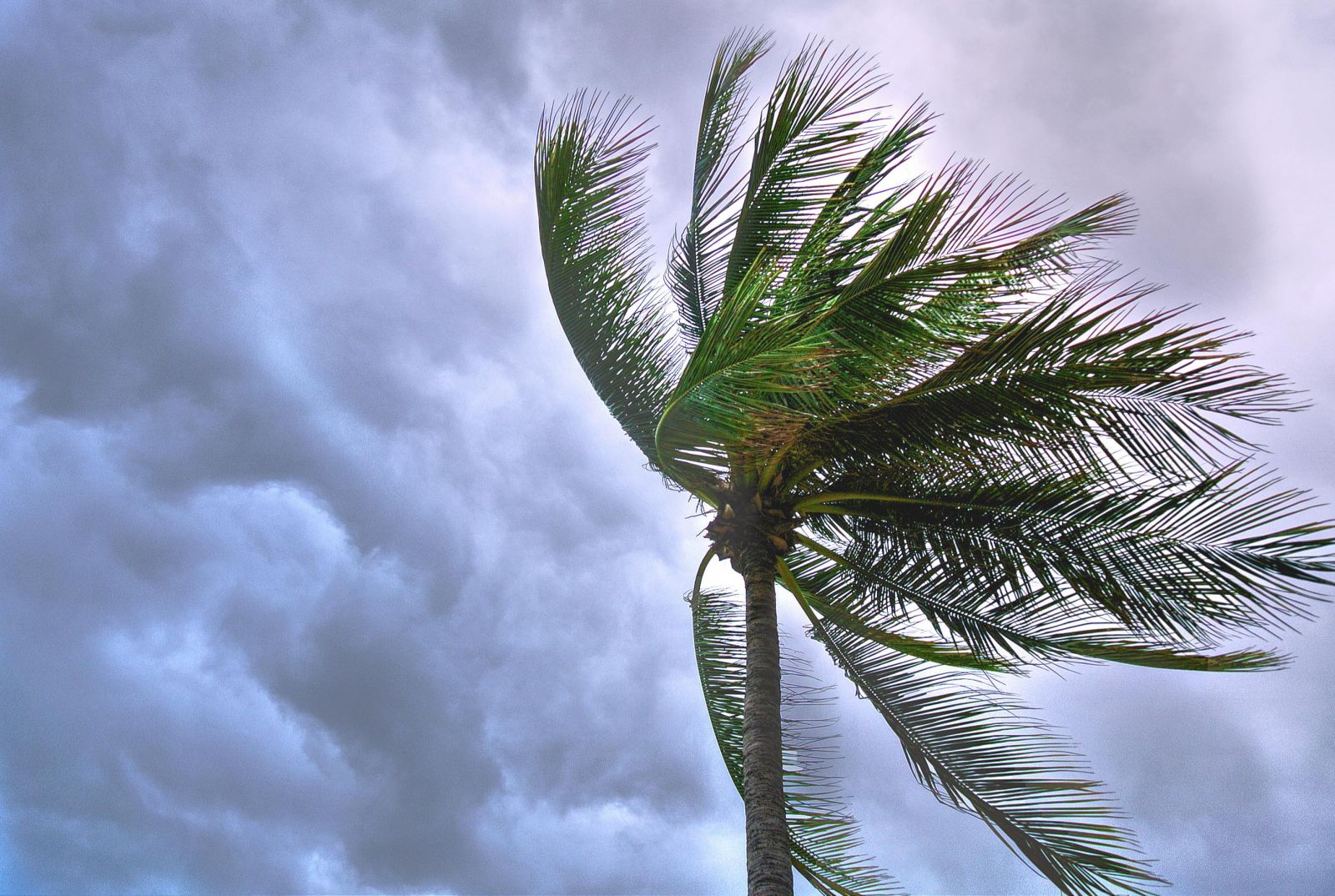According to the Labor Newspaper published on April 26, 2025: extreme weather events in 2024 worldwide included typhoons and floods, such as Typhoon Milton in Florida, which caused widespread power outages affecting over 3 million people, and severe flooding in Northeast India and Bangladesh affecting hundreds of thousands of people. Within one month (from October 27, 2024, to November 20, 2024), five consecutive super typhoons made landfall in the Philippines, including Typhoons Kong-rey, Yinxing, Toraji, Usagi, and Manyi.
Mr. Nguyen Van Huong, Head of the Weather Forecasting Department, National Center for Hydro-Meteorological Forecasting, predicts: "The number of typhoons and tropical depressions in 2025 is forecast to be similar to the average of many years, meaning about 11-13 typhoons and tropical depressions appearing in the East Sea. Of these, about half, or about 5-6 typhoons and tropical depressions, are likely to affect our mainland. In the future trend, the risk of strong typhoons and super typhoons will appear more frequently compared to historical data."
The typhoon and flood season is about to enter the northern part of our country, from May to October. What should businesses do to prevent natural disaster risks to their assets? Below are some suggested actions for your consideration before a typhoon event occurs:
- Establish and review the Emergency Response Plan for natural disaster events. The plan should include process, updated information channels, communication methods, response teams, necessary equipment, etc., before, during, and after the event.
- Regularly update news through multiple official information channels and strictly follow the recommendations of competent authorities.
- Reinforce roofs, check bolt connections, cover for the glass doors and windows, protect openings such as windows and roller shutters, and secure outdoor assets (goods, trees, raw materials, etc.) by using sandbags, braces, brackets, wood, etc.
- For movable assets: move them indoors with walls and roofs if possible.
- For assets located in basements or areas prone to flooding, especially electronic equipment: take measures to protect them from inundation or flooding or move them to higher ground.
- For crane: move them to a safe location if possible and/or lock them securely.
- Trim large tree branches, clear drains, ditches, and drainage canals.
- Prepare backup fuel, food, and drinks as appropriate.
- Have readily available contact information for authorities, insurance companies, and equipment suppliers to be ready to contact in emergency situations.
- Check the validity and scope of typhoon coverage in the current property insurance policy. Purchase additional typhoon coverage and/or ensure full payment of insurance premiums before the typhoon arrives.


 Sending data...
Sending data...


.jpg)


